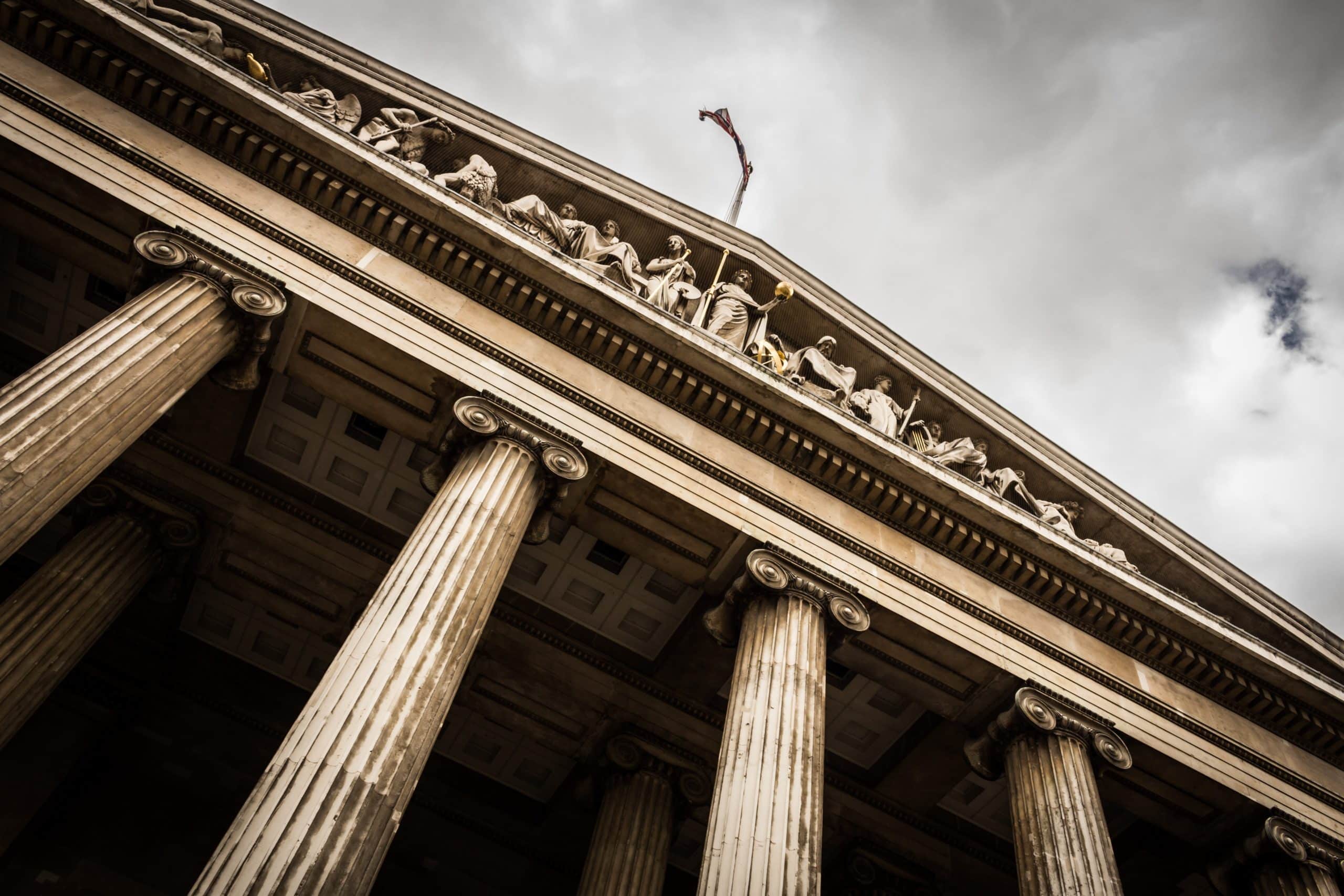A digital dollar moves inexorably onward. But criticism is building into a crescendo.
“CBDC is one of several options for upgrading the legacy capabilities of central bank money,” said Nellie Liang, the Treasury’s undersecretary for domestic finance, in a speech on Wednesday addressing central bank digital currencies (CBDCs).
CBDCs are an impending but controversial development, promising to streamline transactional settlement but threatening to choke off financial privacy.
As the erstwhile avatar of a powerful but discrete agency, Liang carefully avoids any bombast in her public appearances. But a core takeaway from her speech this week, as well as the last two years of public appearances by Treasury and Federal Reserve officials, is that work continues.
In some ways, the U.S. is behind. The Federal Reserve has been stuck treading water on FedNow, a real-time payments system waiting in the wings, while analogs in the UK and Singapore have been in action for years.
As for CBDCs, Liang herself subtly alluded to fears that foreign variants could diminish U.S. financial power, especially with sanctions — with China’s digital yuan unspoken but looming large.
Everyone, it seems, is eager for the launch of FedNow. But as for a U.S. CBDC, criticism is hitting a crescendo. Ultimately, it might not matter.
Pushback
Republicans, by and large, are suspicious of federal agencies. That goes doubly for those like the Federal Reserve that don’t depend on congressional appropriations for funding. Recent efforts have ramped up.
Rep. Tom Emmer (R-Minn.), the new House Majority Whip and a longtime crypto advocate, led nine fellow Republicans in introducing a bill identifying a CBDC as part of a “surveillance state” and barring the Fed from offering services to retail customers.
Emmer, whose staff declined to comment for this article, will be appearing at the Cato Institute next week, following on a series of publications from the libertarian think tank critical of both CBDCs and the corporate “cronyism” they say fuels it.
A digital dollar “is not going to be something that benefits citizens,” said Cato’s Nick Anthony, author of much of that research.
CBDC has long been an area of interest for Emmer. He introduced similar legislation last year and, at an industry-sponsored event in November, said a CBDC “should scare the bejesus out of everybody in this room.”
“That’s just some anti-public service stuff,” said Rohan Grey, an associate professor at Willamette’s law school. “[Emmer] says he cares about privacy but he doesn’t give a shit about privacy, he gives a shit about privatization.”
The right more readily points to private dollar-denominated stablecoins as an alternative to a digital dollar. But the left is hardly unified in favor of a CBDC.
Grey is with Emmer in hostility towards the concept of a ledger-based CBDC as a threat to privacy and civil rights, promoting instead the concept of an electronic cash system that stems from the U.S. Mint rather than the Fed.
“Do you think there’d be a civil rights movement if they could monitor everyone donating to the NAACP back in the day?” Grey said.
It’s a suspicion that resonates among progressives.
Some institutions need to gather financial information, writes Mark Hays, a senior policy analyst at left-leaning think tank Americans for Financial Reform (AFR), but for regular consumers that data “has been used or misused by law enforcement and the national security apparatus in ways that disproportionately harm low-income individuals and people/communities of color.”
In May, AFR wrote to the Federal Reserve Board in objection to the CBDC whitepaper that the Fed had put out. The letter similarly called for a speedier launch of FedNow and more cash-like properties for any sort of digitized national currency. Just months earlier, the American Civil Liberties Union similarly called for “digital cash that is actually like cash.”
An object in motion…
These objections have been gathering momentum recently. Partially, that is in reaction to a growing sense of inevitability from the government agencies involved. As long as the players involved keep their heads down and avoid controversy, they are to a large degree shielded from political headwinds.
At the outset of 2020, Daniel Gorfine left the Commodity Futures Trading Commission (CFTC) to launch the Digital Dollar Project, which advocates for development of a U.S. CBDC. Last month, he wrote a response letter in the Wall Street Journal saying “we must soberly consider the inevitability of a move to digital. This unlocks a great opportunity to design and implement a future greenback that satisfies American privacy expectations.”
Grey sees a digital dollar as likely. “I think the United States is still ultimately going to do this,” he said, despite a “degree of coyness” in public appearances by Federal officials.
“I do worry that there is this false sense that this is sort of undecided,” said Cato’s Anthony. “It seems like they’ve already decided what the outcome is.”



